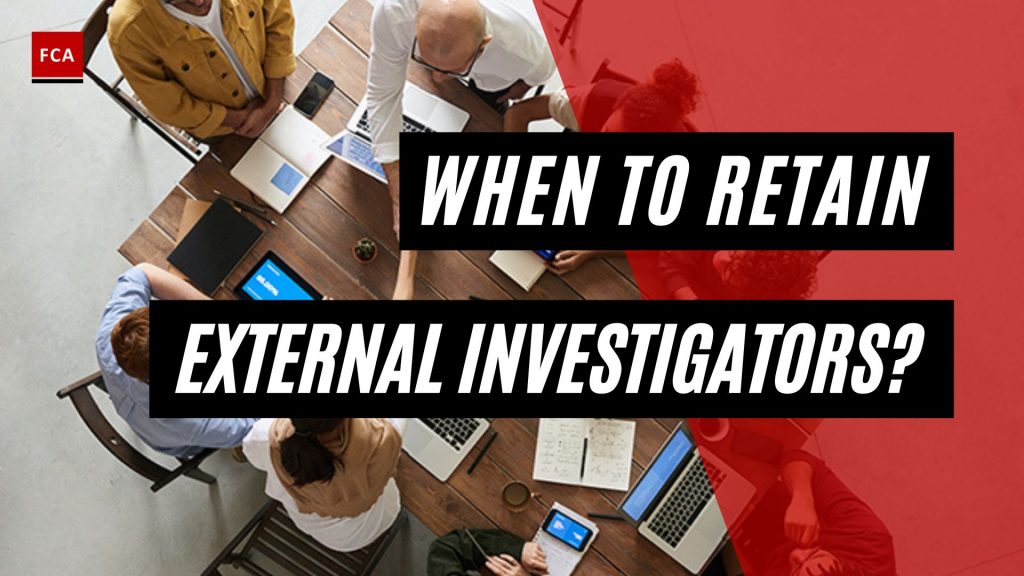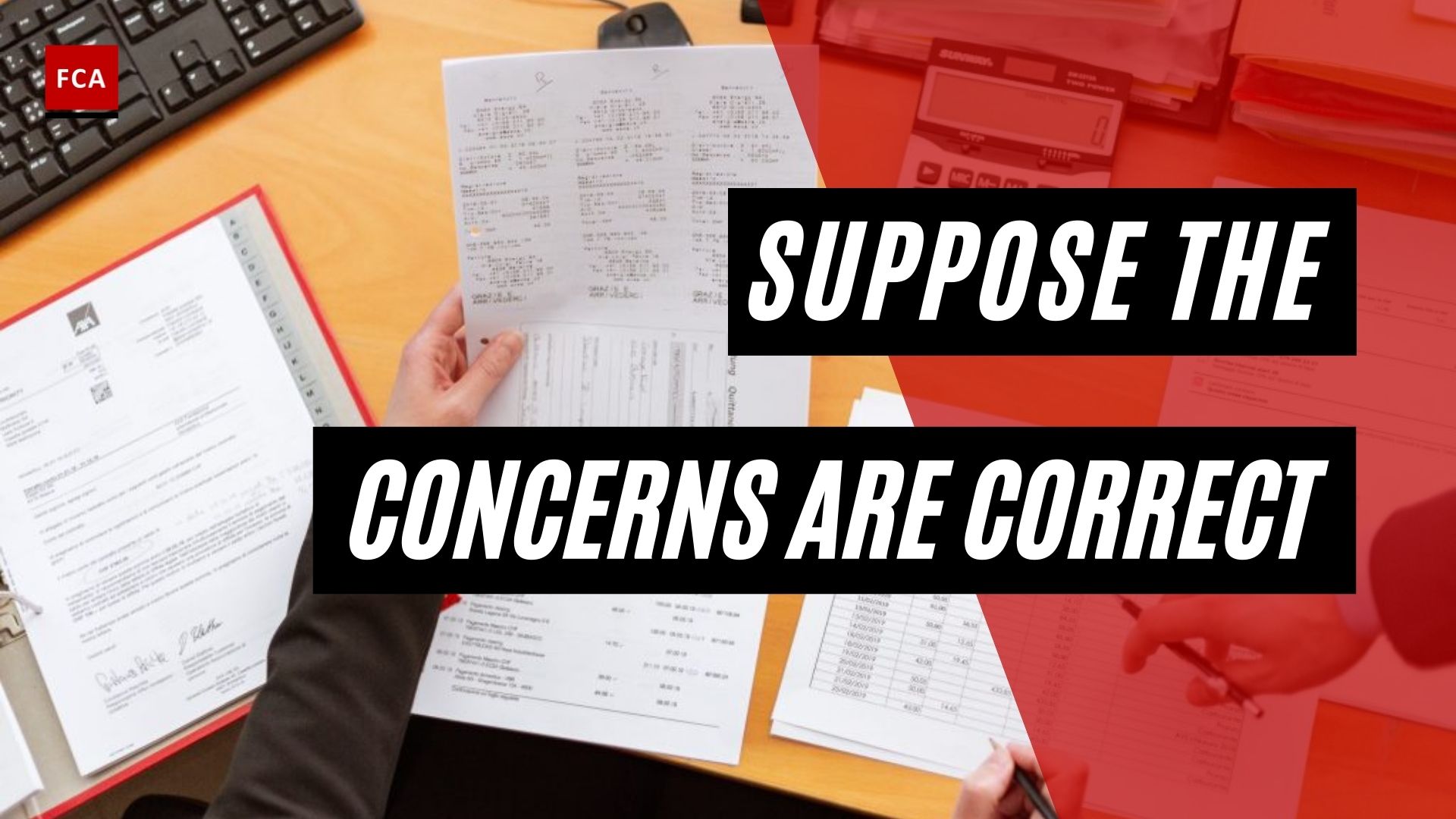When to retain external investigators? Not all reports of wrongdoings at a company will necessitate an internal investigation conducted by outside counsel under the aegis of a board committee. Normally, where the alleged misconduct involves an individual employee and does not implicate potential violations of federal or state law, in-house counsel, often in conjunction with a company’s internal audit department, can investigate the allegations and recommend appropriate remedial and personnel actions to management.

When To Retain External Investigators? External Support
On the other hand, an internal investigation conducted by outside counsel under board supervision should be strongly considered where the misconduct is widespread or may involve corporate officers or directors, affect the company’s governance, potentially violate federal or state law, corporate policy, or subject the company to regulatory or prosecutorial investigation and possible enforcement action.
There are many examples within a corporate entity where allegations of fraud, misconduct, and other crimes must be investigated. To keep the investigation private, confidential, and unbiased, soliciting the services of a third party is warranted.
Knowing Why and When
Outsourcing internal investigation is recommended as it removes bias, is handled professionally, and the outcome is a fair assessment of the facts. This also allows the department to maintain the workforce needed to run the department effectively without adjusting any resources needed for a thorough investigation. Additionally, a third party can filter any interference and provide a new perspective (objectivity) on what may have occurred.
Instances where an outside investigation is warranted could include: sexual harassment, investigations of high-level staff, security breaches, claims of fraud, legal representation from the claimant, or criminal behavior.
Potential Roadblocks
It is essential to understand what factors could hinder a thorough investigation. Here are some common reasons that could potentially get in the way of an internal investigation.
Lack Of Skills And Experience
Most human resources and security departments are not equipped enough to handle full-scale investigations without disrupting the workplace in some manner. In addition to this, asking too many questions will place employees on alert that something is taking place and we all know people talk.
Inadequate Bandwidth
When investigating issues dealing with technology, a company may not have the bandwidth or resources to search hard drives and other equipment properly to reach a fair conclusion.
Work Relationships
Work relationships may become an issue, especially if the person under investigation has an important or trusting relationship with the investigator or someone on the team. This may result in a conflict of interest and open the door to biased results. Making sure all elements of impropriety are removed is vital in ensuring a thorough and bias-free process.
Loss Of Confidentiality
It is difficult to carry out a thorough internal investigation through HR without others becoming aware of the situation. Using a third party will keep confusion to a minimum and will remove any confidentiality breaches.
Protection Options For Employees
To safeguard the interests of their employees, many companies have an anonymous whistleblower hotline set up for reporting misconduct within the company. In addition to this, under federal labor laws, employees have protection to keep them from being subjected to adverse action for reporting violations.
Increase The Reach
There are guidelines to follow when carrying out an internal investigation, there are guidelines to follow, including post-investigation responsibilities. Using an external resource will help increase the level of confidence during the probe and remove any liability from the HR department or in-house counsel. The recommendations from a third-party resource will also provide insight and a basis for implementing additional protocols that may alleviate these situations in the future. Failing to take the investigative process seriously can have tremendous ramifications for the organization legally, financially, and professionally. Being proactive in these matters can make a huge difference.
Final Thoughts
Although most business owners strive to create an environment that fosters employee motivation, satisfaction, and prosperity, they must still deal with personnel issues ranging from bullying to discrimination claims. Investigations may be required in more serious cases, and if the issue exceeds the knowledge and/or abilities of internal investigators, the employer may be required to appoint an external investigator.








